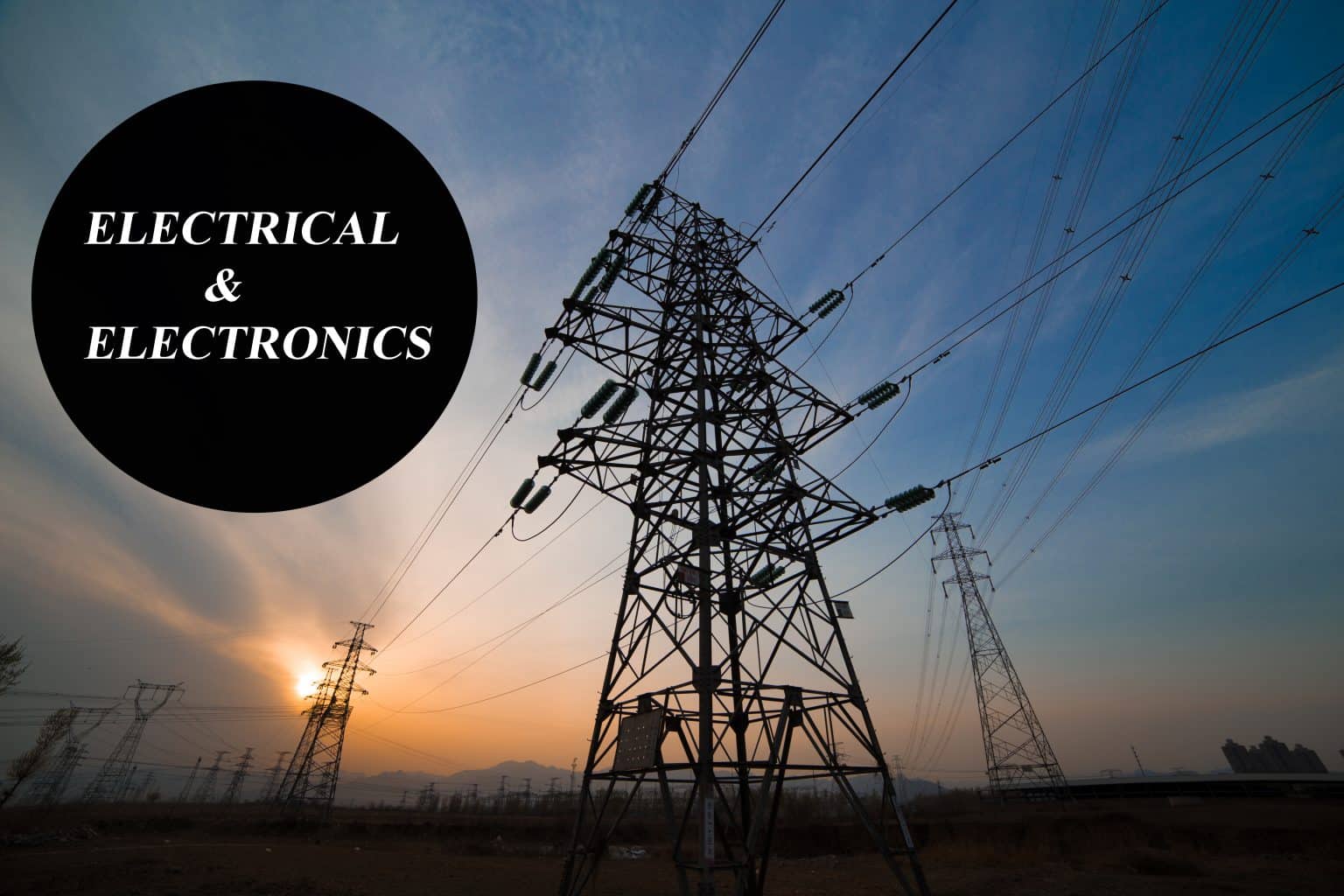one of the competitive strategies for developing business performance in the international market, with intense competition and demanding customers.
It has signified that quality with the focus to increase the employee’s competencies and customer satisfaction can become the major competitive resources to the. Presently, many companies have incorporated the quality/environment management idea in their practices as research has discovered that the execution of a ISO 9001 (quality management system) has directed organizations towards greater performance, a quality management system is made out of all of the association’s policies, strategies, procedures, processes, assets, and delineation of responsibility and authority, all intentionally aimed at achieving product or service quality levels consistent with customer satisfaction and the organization’s objectives.
Many organizations involved in the manufacture, assembly, or disassembly of equipment using electronic components will be aware of the advantages of having an ISO 14001-certified EMS (Environmental Management System).The ISO 14001 standard provides an internationally recognized framework for environmental management, measures, evaluation, and auditing. From amongst other requirements, ISO 14001 necessitates an organization for establishing an appropriate environmental policy; identifying those environmental effects resulting from the organization’s past, present or future activities, products, and services; identifying priorities; setting appropriate environmental objectives and targets; and facilitating planning, control, monitoring, preventive, and corrective actions in order to minimize any impact on the environment. Decisions to adopt EMS and develop effective implementation strategies according to ISO 14001 requirements may lead to many benefits for companies, including considerable potential for improving various environmental indicators.
When effectively applied, an EMS can help integrate environmental considerations within an organization’s overall management system. Findings have been reported that EMS implementation, according to the ISO 14001 requirements, has more or less positively influenced the environmental performance of industrial companies within different countries and in various industrial sectors. the benefits of ISO 14001 implementation for companies are related, in large part, to process optimization and to related innovations (energy and materials’ usage, waste reduction, water consumption, improved workplace safety) that are connected with the reduction of operational costs.
This sector has been growing at a rapid pace with the invention of innovative technologies and an ever-increasing customer inclination towards electrical & electronics goods and their services.
As the rate of technological change continues to gather pace, there is an ongoing need to bring products to market quicker and maximize their sales potential in turn boosting productivity and improving the quality of goods to satisfy consumer needs.
In the Electrical & Electronic industry applying ISO standards (Like ISO 9001, ISO 14001, ISO 45001, ISO 22000, ISO 27001 etc.), the opportunity to increase their productivity through applications such as determination of duties, responsibilities and authorities, internal auditing of the system process, oversight of works, planning and improvement of reporting and communications, customer retention and acquisition, Consistent outcomes, measured and monitored.
The implementation of ISO standards (Like ISO 9001, ISO 14001, ISO 45001, ISO 22000, ISO 27001 etc.) will help their production process run more smoothly. Knowing that you’re in good hands from day one can save you time, money, and frustration– invaluable commodities for your business.
An ISO certification means, this is seal of approval for the organization which indicates their higher quality processes and products, superior customer services, and processes that are continually improving.



